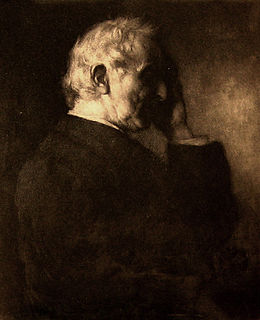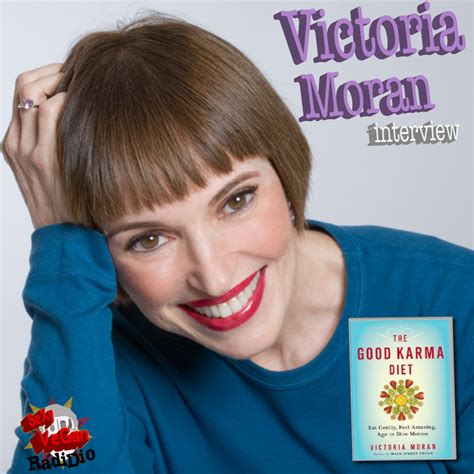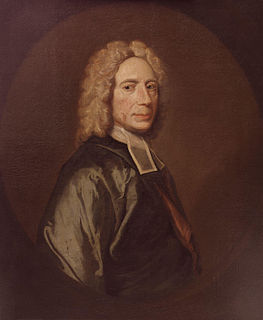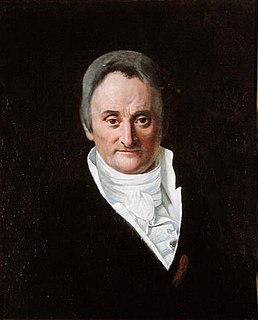A Quote by Robert Schumann
Think it a vile habit to alter works of good composers, to omit parts of them, or to insert new-fashioned ornaments. This is the greatest insult you can offer to Art.
Related Quotes
But you go to a great school, not for knowledge so much as for arts and habits; for the habit of attention, for the art of expression, for the art of assuming at a moment's notice a new intellectual posture, for the art of entering quickly into another person's thoughts, for the habit of submitting to censure and refutation, for the art of indicating assent or dissent in graduated terms, for the habit of regarding minute points of accuracy, for the habit of working out what is possible in a given time, for taste, for discrimination, for mental courage and mental soberness.
We live in a world where art is always looked upon as the perfect medium. We live in a society where we can alter our body parts, we can act in the most perfect or right way. A lot of that is dangerous because, especially in the world of art, the chief enemy of creativity is being safe. If you're safe, you can't fall and hurt yourself. The older you are, the further down the crash is going to be. But if it works out, the higher the high.
I'm not a culture snob. So while, of course, I think the Mozart 'Requiem' or, say, Beethoven's 'Ninth' are some of the greatest works of art in the history of humankind, that's not to say the Beatles or Queen or Simon and Garfunkel aren't brilliant, beautiful, important works of art that should be sung without a sense of irony.
Many of the greatest works of philosophy seem to me to be valuable not because of their arguments, but because they offer us perspectives that open up new possibilities. They show us how we might start in different places, and not buy into the assumptions tacitly made on the first pages of the philosophical works that have influenced us.
If a thing is old, it is a sign that it was fit to live. Old families, old customs, old styles survive because they are fit to survive. The guarantee of continuity is quality. Submerge the good in a flood of the new, and good will come back to join the good which the new brings with it. Old-fashioned hospitality, old-fashioned politeness, old-fashioned honor in business had qualities of survival. These will come back.
We can't suddenly quit a job and then race to find a form of art that will pay off before the next mortgage payment is due. Creating art is a habit, one that we practice daily or hourly until we get good at it … Art isn’t about the rush of victory that comes from being picked. Nor does it involve compliance. Art in the post-industrial age is a lifelong habit, a stepwise process that incrementally allows us to create more art.








































